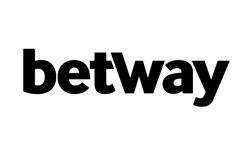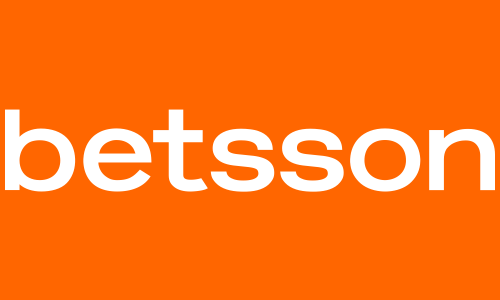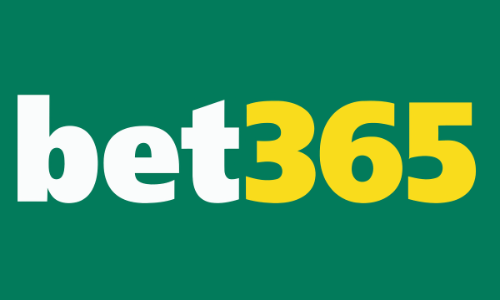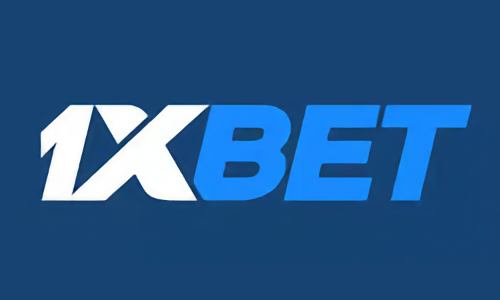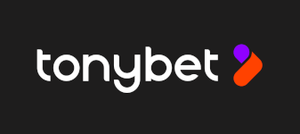Spain’s online gambling market is strictly regulated by the Dirección General de Ordenación del Juego (DGOJ) — the official authority overseeing all licensed operators. In this list, we present the most visited legal online casinos in Spain, ranked by real user traffic. These platforms offer a safe, compliant gaming experience under Spanish law. If you're looking for trusted, high-traffic casinos approved by DGOJ, this ranking is your go-to guide.
DGOJ - What is it, and what does it do?
Before anyone can set up a casino in Spain, they must get a license from the relevant regulatory body. In this case, it’s the Spanish Directorate General for the Regulation of Gambling. This is the body that oversees gambling in the country.
It’s the responsibility of Direccion General de Ordenacion del Juego (DGOJ) to regulate, control, authorize, supervise, and penalize all gambling activities in Spain. No casino is spared as DGOJ superintends over private and public online and land-based casinos.
But it all starts with issuing licenses.
Types of licenses offered by DGOJ
The regulatory body first grants a general license, renewable after 10 years. This license allows operators to run gambling activities, such as contests and bets. The DGOJ issues the license following a prompt call for applications. This is usually guided by the standards outlined in the application principles, which are:
-
Advertising
-
Competition
-
Non-discrimination
-
Quality
-
Transparency
The interested party may also ask to have the procedure initiated. In this case, DGOJ has up to 6 months to initiate the process. It, however, may decide not to, in the public's interest.
A specific permit, depending on the type of game an operator provides, follows the general license. These permits allow the licensee to operate all the regulated game types covered by a general license. That means only operators who already possess a general license may apply for the matching special license. If the general license is lost, the single licenses that are tied to it are also lost.
Currently, the Spanish gambling regulatory body issues licenses for the following types of gambling:
-
Fixed-odds sports betting
-
Fixed-odds horse race betting
-
Casino table games
-
Exchange bets
-
Mutual sports betting
PS: All licenses are valid for 5 years. This is with the exception of fixed-odds horse race betting, whose licenses expire after 3 years.
Licensing Requirements
Often, there is no cap on the total number of licenses issued. The process of issuing licenses aims to confirm that applicants comply with the specifications set by the legislation. These include:
Legal requirements
-
Limited liability companies must have their corporate headquarters in a member state of the European Economic Area.
-
To request a general license for wagers and other games, you must have at least €100,000 share capital, or €60,000 if you only want one for contests.
-
Filing with the Spanish Commercial Registry. If required by state law at the company's legal seat, foreign corporations must register in an analogous registry.
-
Registration in the General Register of Gambling Licenses' special applicants' area.
Financial requirements
-
Yearly financial statements submitted to the Commercial Registry or a relevant official registration.
-
Statement regarding the overall turnover of the business during the past three fiscal years.
-
Description of origin of internal and external funding sources.
Regarding the last point, there is no bearing on the DGOJ's ability to let the applicant demonstrate their economic and financial stability. They can use any other document they feel appropriate if they have good cause to do so.
Technical requirements
-
Declaration describing the organization of the technical staff.
-
Professional backgrounds of the organization's management in charge of overseeing the gaming operations for which a license is requested.
-
A statement on the organization's average annual staff over the previous three years.
-
A declaration outlining the technical infrastructure available for carrying out the gaming operations for which a license is requested.
-
A description of the buildings or technical components, the safety and quality assurance procedures, and, if relevant, the company's research and development tools.
Player Protection By The DGOJ
Several obligations have been established for player protection, and casinos must comply once they secure a license. These responsibilities are divided into:
Technical obligations
-
Participant identification
-
Tracking subjective exclusions from participation
-
The usage of random number generators
-
Ensuring the registration and tracking of gambling operations
-
Putting in place an internal surveillance system to record and keep track of gambling activities and monetary exchanges. Data must be kept in Spanish territory by said system.
Obligations under responsible gambling management
-
Minimizing any chance that society would suffer harm.
-
Actively working per the law with the authorities in charge of stopping money laundering.
-
Ensuring the fairness and security of the games.
-
Calculating prize payouts and using money with professionalism and care.
The DGOJ Role In Illegal Gambling
To control illegal gambling in Spain, the DGOJ maintains a register of all gaming websites. This identifies unauthorized gambling activities and their scope in Spain’s gambling market. After the authority registers a gambling website, it monitors it, noting its activities within the country’s borders. Where appropriate, there’s usually an initiation of the casino’s information file. This usually happens when a gambling site is subject to complaints, claims, or reports.
When suspicions against a casino arise, the DGOJ begins a check phase. They first communicate with the owner of the casino, then initiate the recording of evidence. Finally, they open a sanctioning procedure.
According to DGOJ’s annual report in 2020, about 180 gambling sites were closed. In the same report, there were 197 disciplinary proceedings. This is in addition to 240 punitive resolutions totaling €55,839,370.
Notably, DGOJ rolled out the Betting Market Investigation Service. It’s also known as Servicio de Investigacion Global del Mercado de Apuestas (SIGMA). SIGMA falls under the Gambling Inspection Sub-Directorate, and its work is to prevent and control fraud. Other functions of the Betting Market Investigation Service are:
-
Prevention of match-fixing
-
Protecting the integrity of sports
-
Enhancing integrity in Spain’s betting markets
Spoiler alert…
…Illegal Spanish online casinos and gambling sites are blocked and put on a blacklist by the nation's internet service providers. Because of this, playing at unlicensed casinos is practically difficult for the residents. As a result, Spanish players can nearly always be certain that they are engaging in legal and secure gambling.
FAQs
What does DGOJ mean?
DGOJ is an abbreviation for Direccion General de Ordenacion del Juego, also known as the Spanish Directorate General for the Regulation of Gambling. It is the body that oversees gambling in Spain.
Is online gambling legal in Spain?
Yes, all forms of gambling are legal in Spain. Gambling is, however, limited to casinos licensed by the DGOJ.
Can I gamble at a casino not licensed by DGOJ?
No, not legally. Playing at illegal online casinos is completely hard due to Spanish gambling restrictions. Also, most online casinos without proper licensing don’t accept gamblers from Spain.
Why Play At DGOJ Casinos?
Spain is one of the strictest countries in Europe when it comes to gambling regulation. All gaming activities in the country are overseen by the Direccion General de Ordenacion del Juego (DGOJ).
This body supervises, controls, and penalizes casinos serving the citizens of Spain. It also handles any complaints against casinos. This ensures a fair and healthy gambling environment in Spain. If you play at any DGOJ casino, be sure of full player protection.
